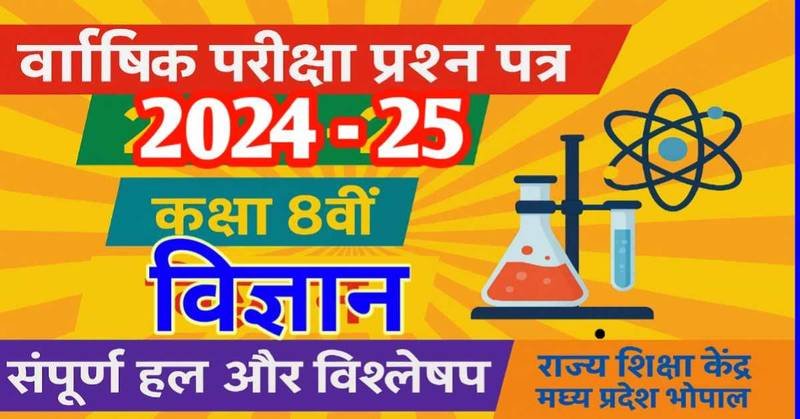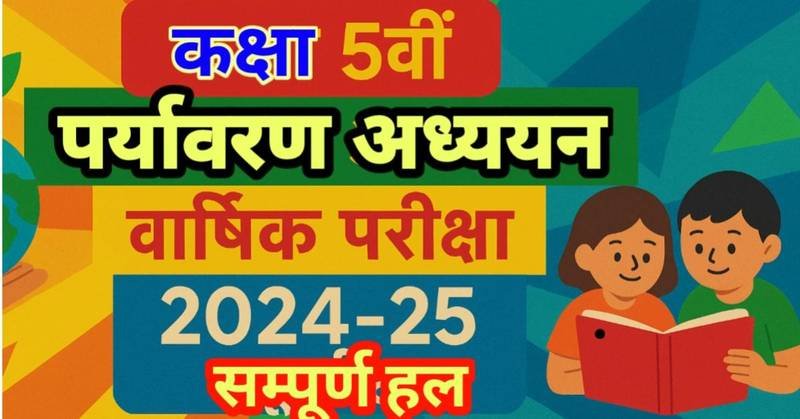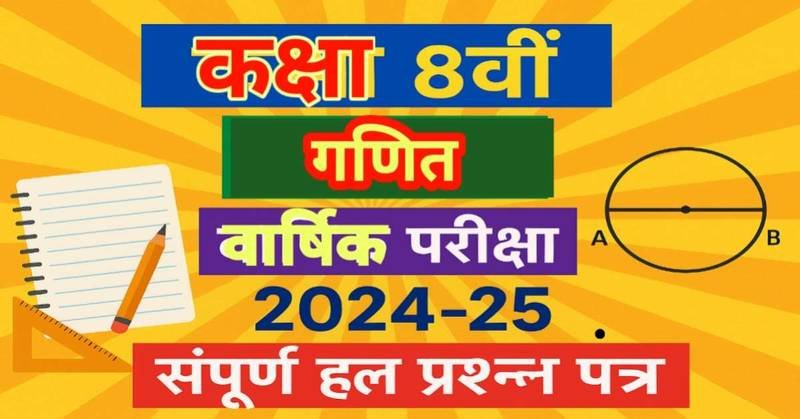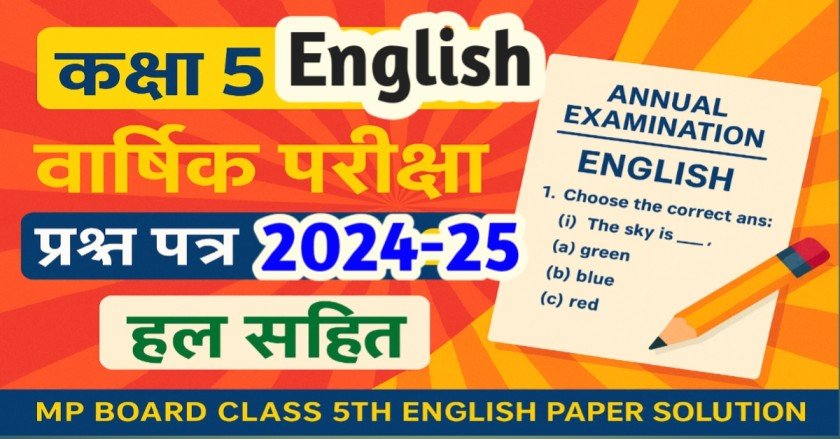
Social science (English Medium) Practice Questions Paper 2023
Optional question
(Question No. 1 to 10)
Question 1. When was the Supreme Court established in India?
(a) 15 August 1947
(b) 26 January 1950
(c) 15 August 1937
(d) 26 January 1949
Answer– 26 January 1950
Question 2. 'Golden Fibre' means–
(a) tea
(b) Cotton
(c) Jute
(d) none of these
Answer– Jute.
Question 3. Among tribal languages, the Santhali speaking people are.............
(A) most
(b) more
(c) Balanced
(d) less
Answer– Most.
Question 4. More than 1600 Indians died due to water related diseases.
(a) per week
(b) everyday
(c) in a period of two weeks
(d) every month
Answer– Everyday.
Question 5. Which of the following areas are densely populated due to fertile plains?
(a) Ganga plain in India
(b) Nile River plain in Egypt
(c) Both of the above
(d) None of these
Ans- Both of the above.
Question 6. Which one of the following industrial regions is different?
(a) Mumbai-Pune group
(b) Northeast America
(c) Hooghly region
(d) Chotanagpur Industrial Region
North– Northeast America.
Question 7. The British government passed a law in 1856 in favor of widow remarriage. Name the famous Indian reformer who was in favor of it?
(a) Raja Ram Mohan Roy
(b) Swami Dayanand
(c) Ishwar Chandra Vidyasagar
(d) Tarabai Sinde
Answer– Ishwar Chandra Vidyasagar.
Question 8. Murshid Quli Khan was the Nawab of which of the following?
(A) of Karnataka
(b) of Bihar
(c) of Bengal
(d) of Awadh
Answer– of Bengal.
Question 9. What work did the Santhal people of Hazaribagh do?
(A) Beekeeping
(b) Sericulture
(c) Poultry farming
(d) None of these
Answer– Sericulture.
Question 10. Federalism refers to–
(A) Having more than one level of government in the country
(b) Having a single level government in the country
(C) Having a two-tier government in the country
(d) The existence of an official regime
Answer– Having more than one level of government in the country.
Short Answer Questions
(Question numbers 11 to 20)
Q 11. What is meant by the term 'industry'?
Answer– Industry is related to economic activities, which are related to production of goods, extraction of minerals or provision of services.
Question 12. Why did the tribal communities not remain under the big princely states and princely states?
Answer– The tribal communities had tremendous knowledge about the vast tracts covered by forests. He had deep penetration in these areas. He had complete control over the forests. That's why tribals did not remain under big princely states and princely states.
Question 13. What do you understand by food security?
Ans– Food security is maintained when all individuals have access to sufficient safe and nutritious food at all times, based on dietary needs and preferences, to lead active and healthy lives.
Question 14. What are natural resources? Explain with examples.
Ans– The resources which are obtained from nature and are used without much modification are called natural resources. For example, air, soil, water etc.
Question 15. How does the Constitution save us from ourselves?
Ans– Constitution protects us from ourselves. This means that many times we start giving more importance to personal interest than national interest on any issue. Such views can be detrimental to our larger interests. The Constitution helps protect us from such feelings.
Question 16. How did the British keep government documents safe?
Answer– The British believed that it is very important to write things down. By doing so these things could be studied and debated later.
Question 17. When and where was the Permanent Settlement started?
Ans– Permanent settlement was started mainly in Bengal province in 1793.
Question 18. What do you understand by secularism?
Ans– The Indian Constitution gives freedom to everyone to practice their religious beliefs and practices. Keeping in mind the idea of equal religious freedom for all, the Indian state has adopted a strategy to separate religion and state power from each other. This concept of keeping religion separate from the state is called secularism.
Question 19. How are the members of the Rajya Sabha elected?
Answer– The members of the Rajya Sabha are elected by the elected members of the Legislative Assemblies of various states. Out of total 245 members of Rajya Sabha, 233 are elected members and 12 members are nominated by the President.
Question 20. Why did the soldiers hesitate to cross the sea?
Answer– The soldiers used to shy away from crossing the sea, because in those days there was a belief among the people that if they cross the sea, they would have to lose their religion and their caste.
Long Answer Type Questions
(Question numbers 21 to 24)
Question 21. Mention the ways to conserve water resources.
Answer– Following are the measures to conserve water resources–
1. Treating polluted water by suitable method before releasing it into water bodies.
2. Water harvesting is another method of saving surface runoff.
3. Irrigation by sprinklers.
4. Forest cover slows down surface runoff and recharges ground water.
5. Canals should be paved to reduce water seepage.
6. Island or drip method of irrigation is useful in dry regions with high rate of evaporation.
Question 22. Why did William Jones find it necessary to study Indian history, philosophy and law?
Answer– William Jones found it necessary to study Indian history, philosophy and law because of the following reasons–
1. To understand India, it was necessary to rediscover the sacred and legal texts that were composed in ancient times.
2. Through these texts only the real thoughts and laws of Hindus and Muslims could be known and a fresh study of these texts could provide the basis for the future development of India.
3. He believed that this work would not only provide an opportunity to the British people to learn from Indian culture, but also provide an opportunity to the Indians to rediscover their heritage, understand it and regain their lost glorious past.
4. In this process the British people would emerge not only as custodians of Indian culture but also as its masters.
Question 23. What do you understand by Right to Equality?
Ans– All people are equal in the eyes of the law under the right to equality. This means that the law of the land will provide equal protection to all people. It has also been said in this right that no citizen can be discriminated on the basis of religion, caste or gender. Everyone will have the right to equal access to public places such as playgrounds, hotels, shops, etc.The state cannot discriminate against anyone in the matter of employment.
Question 24. Discuss the events of 1937-47 that led to the birth of Pakistan?
Answer– The events of 1937–47 that resulted in the birth of Pakistan are as follows–
1. The failure of the Congress to rally the Muslim masses in the 1930s also helped the League expand its social base.
2. In the early 1940s, when most of the Congress leaders were in jail, the League made rapid efforts to spread its influence.
3. After the Second World War, the British started talks with the Congress and the League for Indian independence. The talks were unsuccessful as the League insisted that it be treated as the sole representative of Indian Muslims. Congress did not accept this claim.
4. In the provincial elections of 1946, the league got an unprecedented success on the seats reserved for Muslims. Due to this the League remained firm on the demand of 'Pakistan'.
5. In March 1946, the British Cabinet Mission could not get the Congress and the Muslim League to agree on certain provisions of the resolution.
6. The League gave a call to celebrate 'Direct Action Day' on 16 August 1946. Riots broke out in Calcutta on this day, and by March 1947 violence had spread to various parts of northern India.
8th English Medium Solved Modal Question Papers
1. 8th Social Science (English Medium) Solved Molal Question Paper
2. English (special series) Practice Question Paper (English Medium) Class 8th
3. 8th Mathematics (English Medium) modal practice question paper
4. 8th Science (English Medium) modal practice question paper
5. 8th Sanskrit modal solved question paper 2023
5th English Medium Solved Modal Question Papers
1. 5th सुगम भारती (English Medium) Practice paper annual exam 2023
2. 5th EVS (English Medium) Practice paper annual exam 2023
3. 5th Mathematics (English Medium) Practice Question Paper (English Medium)
4. English (special series) Practice Question Paper (English Medium) Class 5th
आशा है, उपरोक्त जानकारी उपयोगी एवं महत्वपूर्ण होगी।
(I hope the above information will be useful and important. )
Thank you.
लेखक
(Writer)
infosrf.com







